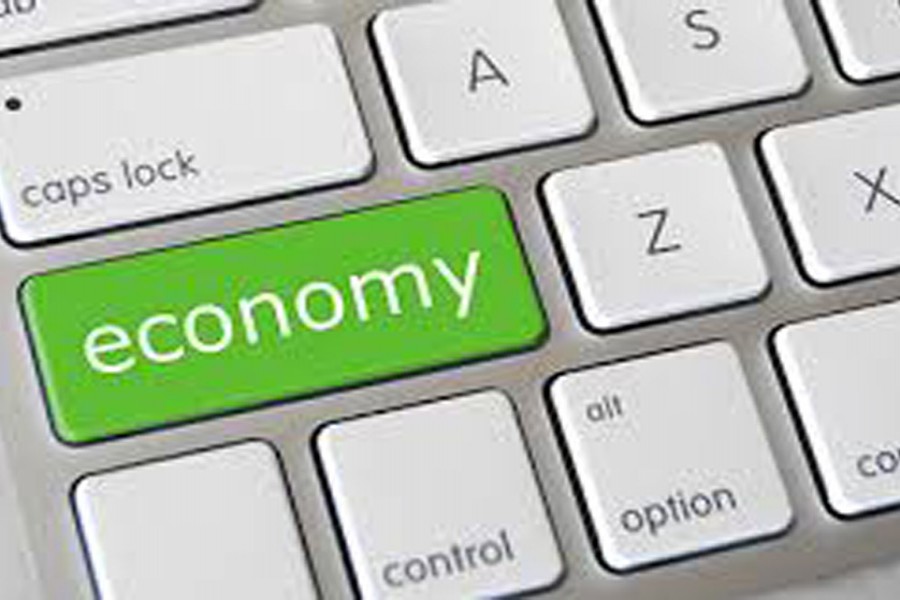In a recent Bloomberg New Economy Forum in Singapore, former Fed chair Janet Yellen expressed her deep concern over the looming financial crisis as interest rates are rising and world economy is slowing down. Moreover, there are a number of red flags: rallying global equity markets for too long, shifting debt from the developed to developing and emerging countries, rapid growth in non-bank financial institutions' credit, deregulation of the banking sector, intense trade war and geopolitical risk - all of which deserve more attention as these could trigger the next Black Swan event.
A great number of events have been unfolding in developed and developing world which indicate the next crisis is already due and may come from any direction. Firstly, many economists see a bubble in the developed and emerging capital markets as they are in the bull market for too long and predict a major correction. S&P500, for instance, has already crossed the all time high since the last GFC. Other equity markets are also showing a similar trend which might indicate a sign of potential bubble.
Excessive leverage in the developed world is considered as one of the key reasons of the last GFC. Build-up of leverage in emerging markets poses a potential threat this time. The combined debt to GDP of 26 emerging countries increased to 211 per cent in September 2018 from 148 per cent in 2008 according to IMF. Foreign debt is also steadily rising as a threat in the background of increasing US interest rate.
More interestingly, there is shift of leverage from banks to non-banks as the later face lesser restrictions. For example, the United States have now more than half of all mortgages issued by non-banks. Similarly in China, credit extension has moved out of the regulated banking sector in the form of peer-to-peer lending. At the same time, there is a rapid increase in corporate bond issuances globally. Bond issuance by governments and companies in emerging markets continues at a fast pace, at more than $1.0tn for each of the past two years. Consequently, the world is now saddled with a greater debt than in 2008.
On the contrary, interest rates are gradually increasing following the Fed's several rate hikes in the last two years. Increasing interest rates in the developed world would put tremendous pressure on the emerging world due to capital flight. This is likely to create a void in the financial markets of emerging countries which could spillover to other countries in a highly integrated financial world. Turkey, Brazil, Russia, Indonesia, India, and other emerging countries' currencies are already taking the hit.
The US-initiated trade war with China has already intensified with serious ramifications for global trade growth. The positive spillover affect of Chinese economy is also waning as China is also retaliating with counter measures. This tit-for-tat trade war game can be counterproductive and may further deteriorate the global trade and economy.
Increasing geopolitical risk could also bring deleterious consequences to the world economy. Intense political instability in the Middle East can be really contagious as the region is the source of a key strategic resource like oil. Recent upward trend in oil price may turn into a curse for the rest of the world. Moreover, Brexit is also adding fuel to the already risky global economic condition. Sovereign debt crisis is still not over and many weak European economies are still bleeding severely.
It is not difficult to guess that the world economy is at a critical crossroads.
Dr. Md Akther Uddin is Senior Lecturer and Programme Coordinator (School of Business) at the University of Creative Technology, Chittagong.


